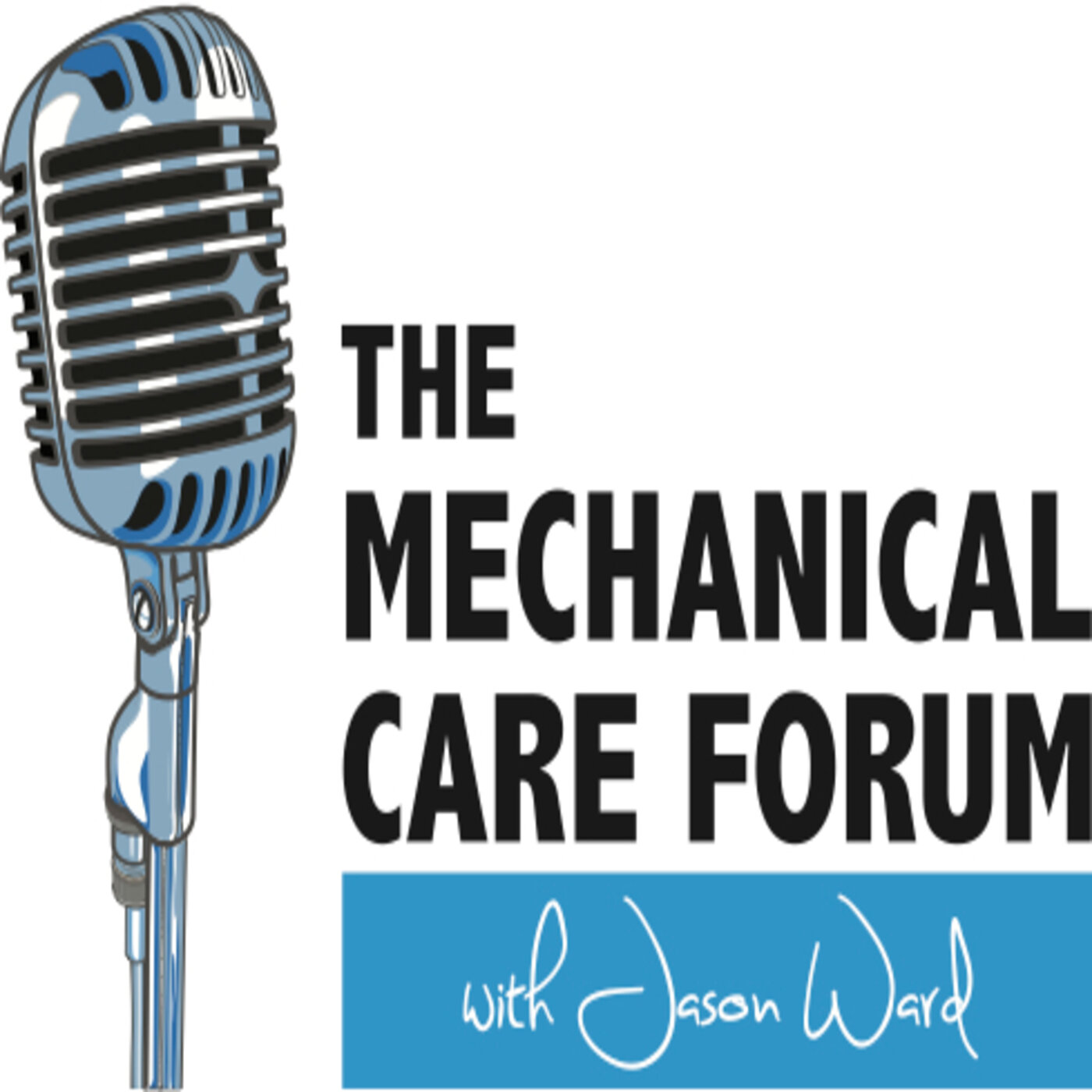Gary Dykes PT, Dip MDT
In episode 147 I have part 2 of my conversation with Mr. Gary Dykes of Athens, Georgia USA. He talks more about challenges of working in a pain management clinic. He shares a couple of memorable patients, a helpful resource, a study that has influenced his clinical practice and more.
Mr. Gary Dykes graduated from The Medical College of Georgia in 1996 with a Bachelor of Science in Physical Therapy. He completed his residency program with The McKenzie Institute through Austin, Tx and recieved his Diploma in Mechanical Diagnosis and Therapy in 2003 and has been on the MIUSA faculty since 2007. He currently resides in Athens, GA and works for Ancora Spine Recovery.
Show Notes
Chronic Pain
Gary talks about the systemic problems that are seen most in management of the chronic pain population. He goes on to speak about ways to improve patient compliance and understanding of the difference between MDT and the typical physical therapy treatment. He advises that we make sure the patient is very understanding of their role in the clinical decision making process.
Favorite Quotes
“A patient’s willingness to change must precede all education and interventions.”
~ G.Lorimer Moseley.
Gary talks about how the patient’s position can change the starting point of your intervention.
“Your expectations cannot exceed your willingness to comply.” -Gary Dykes
If a patient’s expectations are good, the outcome may be good, but if they don’t want to participate, you probably won’t have a good outcome.
Memorable Patient Experience
Gary talks about a memorable patient with whom he spoke about discharge prior to starting treatment. She explained how being able to initiate discharge due to improvements, rather than due to lack of progress or authorization of visits. He speaks about how having a plan with MDT leads to a good therapeutic alliance as well as an expectation of outcomes.
He goes on to speak about another patient who was a candidate for a shoulder replacement who reduced with resisted extension over time.
Useful Analogies and Educational Tools
Weight Loss: Gary talks about using baselines, and how equating “diet and exercise” to “posture and movement” helps patients understand their variables and the changes we are hoping to see.
Dry Erase Board, lumbar and cervical rolls, Treat Your Own Back and Treat Your Own Neck books.
Relevant Research
Long et al. Does It Matter Which Exercise? Spine (Phila Pa 1976). 2004 Dec 1
Gary’s Best Advice
“Remain the assessor, not the fixer.”
Final Thoughts
Gary advises us to find guidance, make yourself uncomfortable to get better, and reach out to the McKenzie faculty members for help.
To reach Gary, you can email him at gwdykes40@yahoo.com.
We hope to deliver this content to the committed professional who wants to improve his/her care and we hope to do it in a way that is easily accessible, the world over, in today's technological age.
To contribute:
Give a 5-star review on iTunes;
Share EP #147 with a friend; and/or
Connect with us on the Spotify MCF Podcast and MCF Instagram page!
Thanks for your support!

